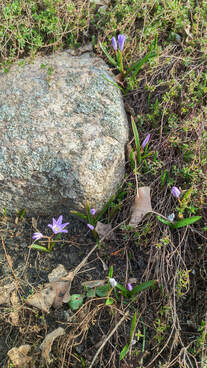
MNIPL, Minnesota Multifaith Network, Kaleo Center
Rev. Dr. Rebecca Voelkel
One of the traditions that has deeply shaped by heart, mind, body and spirit is that of queer theology. And one of the practices within queer theology is to find ways in which spiritual texts can speak and embody a word for the present moment. And, so, as we grapple with COVID-19 and the paradox of grief, colonization and fear on the one hand and on the other, the extraordinary possibility-for-another-world-beyond-this, I share with you a re-imagining of the prologue to the gospel of John. I offer it as a prayer of blessing. Will you pray with me?
In the beginning were Desire and Longing:
Desire for ecstasy and connection, longing for the deepest of communions.
And Desire and Longing were with God.
And Desire and Longing were God.
Desire and Longing were with God in the beginning.
In fact, they were the animators, the prodders, the relentless whispers
which propelled the explosion of creativity:
stars and planets and the whole company of creation. These all came into being out
of that Desire and Longing and not one thing would have been without
the promise of ecstasy, connection and communion.
And then, as now, Desire and Longing were threatening to the forces of destruction,
dis-connection, dis-memberment
and death.
But then, as now, these did not prevail and what came into being because of and through
Desire and Longing
were
Life, and Life abundant.[1]
May desire and longing—for life and life abundant, find us, claim us, impassion us and inspire us-- this day and every day. Amen.
[1] Rebecca Voelkel, “Promiscuous Incarnation” in Unsettling the Word: Biblical Experiments in Decolonization, ed. Steve Heinrichs (Altona, Manitoba, Canada: Mennonite Church Canada, 2018), 216.
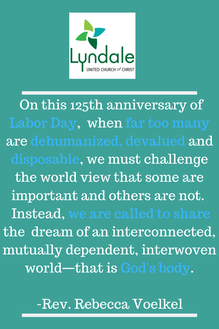
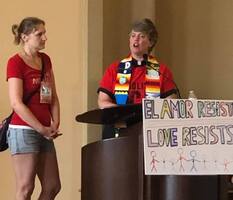
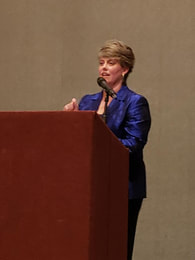
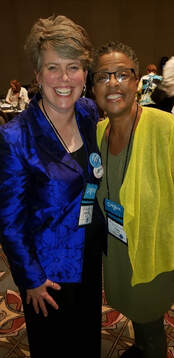
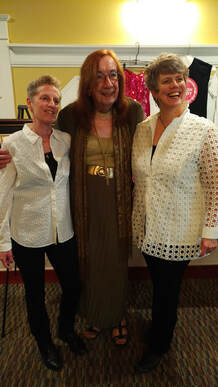
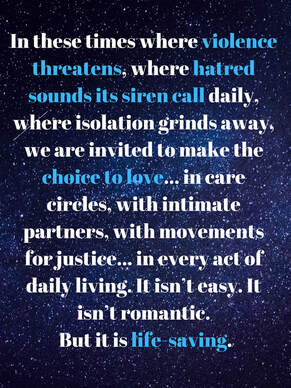
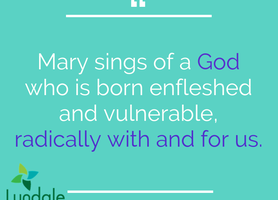
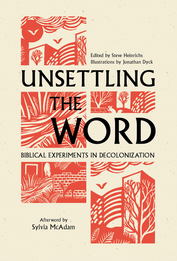
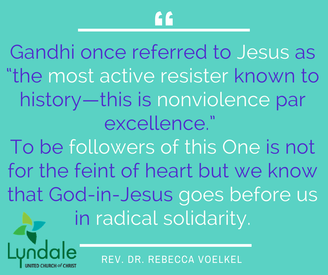
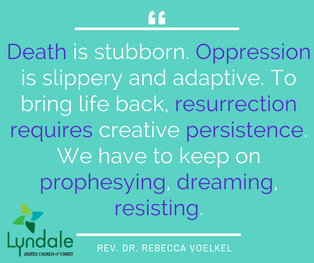
 RSS Feed
RSS Feed
